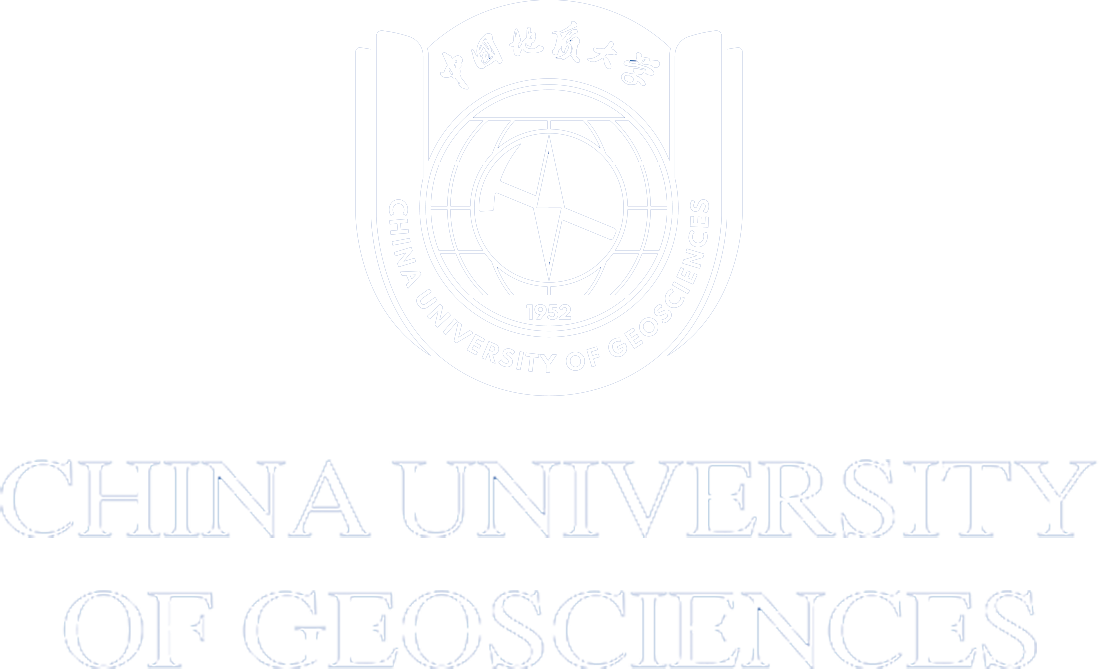1. Major Introduction
The undergraduate program in Surveying and Mapping Engineering aims to investigate the shape and size of the earth, the gravity field, the spatial position and properties of various spatial targets, as well as the theory and technology for the collection, processing, expression and management of the spatial-temporal information. This program also studies the spatial information and properties of natural earth surface and the human facilities, using various surveying instruments, sensors and integrated systems, for the purpose of producing topographical maps and thematic maps, as well as the building of geographical and land-related spatial systems, which will be used to help solve various problems concerning the population, resources, environment and disasters, and provide technique and data supports for the development of economy, defense and engineering.
2. Academic Objectives
This program fosters professional surveying and geographical information engineers, who have solid background on math, English and computer science, master the principles and methods for the collection, processing, visualization, management and applications of geospatial data. After graduation, the students should be qualified for different kinds of jobs in the areas of surveying and geographical information science, land monitoring, defense and the civil engineering, with core competition especially in the various areas of surveying and geographical information services, such as land resource surveying and management, global change studies, the monitoring of geological safety, the protection and prevention of resource, environment and disasters.
After five years from graduation, the students should be able to satisfy the requirements on the theory, technology and practical skills for obtaining the licenses on registered surveying engineer, and excellent surveying engineer.
3. Academic Requirements
Graduates of this program are required to:
(1) have solid knowledge in science, and know the future applications of development of modern science and especially the utilization in surveying engineering.
(2) acquire solid theory and knowledge on the methods and techniques in surveying engineering, including the collection, processing, visualization, management and utilization of geospatial information, and knowledge on the civil engineering.
(3) understand the laws, principles and norms regarding surveying engineering.
(4) select the suitable surveying instrument, techniques and theories for acquiring geospatial information, making topographical maps, establishing geographical and land information systems, and solving practical problems in survey engineering and geographical information products.
(5) transfer new technology and methods into surveying productivity, after receiving the training in surveying engineering and geographical information product design, and the use of surveying techniques for solving practical problems.
(6) be proficient in English, reading English literatures and communicating in English skillfully.
(7) organize, manage and execute the projects by taking into account the environmental, legal and social context.
(8) possess the ability of continuous self-learning for the requirement of future development.
(9) have good personality, effective communication skills, and the professional moral, responsible to the career, society and the environment.
(10) have international perspective, strong team work spirit, creative thinking ability.
4. Length of Schooling and Degree
The length of schooling is four years of full-time study. Students will be awarded the Bachelor Degree of Engineering when they have completed the required minimum credits and have met all other requirements.
5. Core Courses
Specialized Core Courses: GNSS Surveying: Principles and Applications, Surveying Programming Design, Hydrographic Surveying and Charting, Cartography, Geographic Information System, Management and Laws of Surveying and Mapping, Engineering Surveying, Photogrammetry, Lidar: Principles and Applications, Remote Sensing: Principles and Applications, Technology of InSAR Surveying, Cadastrational and Real Estate Surveying, Specialty English for Surveying and Mapping Engineering.
Practice Courses: Geological Survey Field Trip in Beidaihe, Physics Experiments, Surveying Practice (Large Scale Digital Mapping), Geodesy Practice, Surveying Programming Design Practice, Geoinformation Engineering Practice, Photogrammetry Practice, Engineering Practice, Practice of Remote Sensing: Principles and Applications, InSAR Practice, LiDAR Practice, Graduation Design (Thesis).




 Address
Address
 E-Mail
E-Mail
 Telephone
Telephone